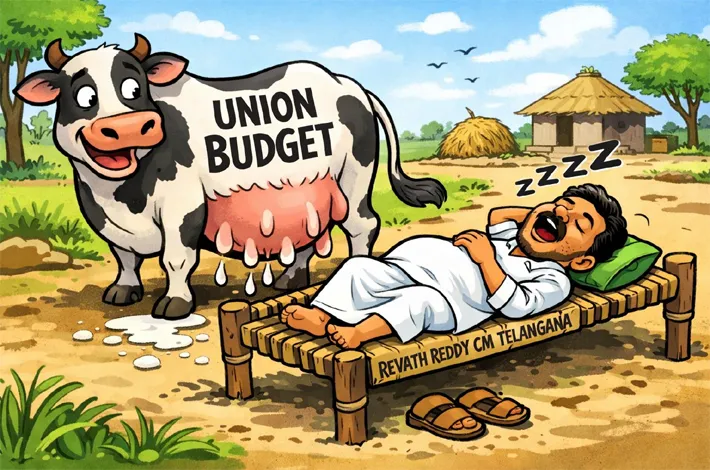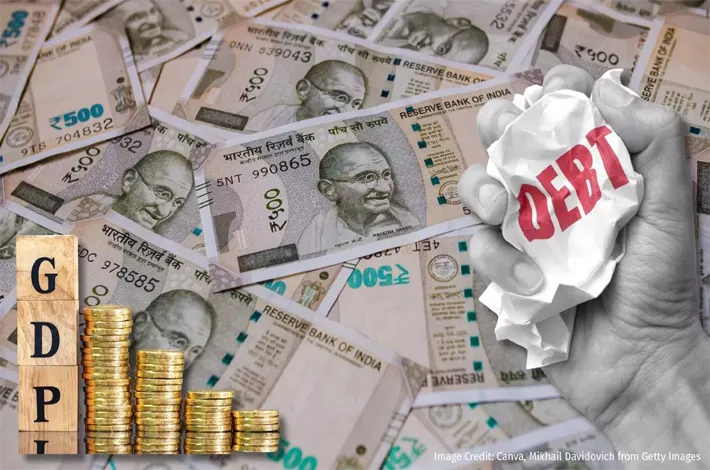Kidney health is paramount during the summer months
05-05-2025 12:00:00 AM

Kidney stones, crystalline deposits of minerals and salts in the kidneys, are becoming increasingly common across various age groups and professions. Particularly influenced by soaring temperatures exceeding 40 degrees Celsius, kidney health is paramount during the summer months when dehydration risks heighten stone formation.
Consumption of junk food, rich in added salts and preservatives, poses a significant risk of kidney stones, particularly among children, a demographic not historically associated with this ailment. It is essential to prioritize kidney health by maintaining proper hydration, adhering to dietary measures, and monitoring urinary health.
To begin with, hydration, especially during the sweltering summer prevent kidney stones. Maintaining fluid intake can significantly reduce the risk of kidney stones as dehydration directly influences stone formation. Similarly, opting for natural beverages like coconut water and buttermilk offers renal benefits. The emphasis on natural drinks like buttermilk, coconut water, and ragi malt over sugary colas and packaged beverages highlights the growing awareness of dietary impacts on kidney health.
Consuming fresh fruits, especially bananas, helps in preventing common types of kidney stones. Bananas, noted for their vitamin B6 content, help inhibit oxalate crystal formation, a severe risk factor for kidney stones. At the same time, reducing red meat consumption can be beneficial for kidney health during hotter months. Red meat metabolism may contribute to higher acidity and potential lithogenic factors in the urine, linking high red meat intake with increased kidney stone risk.
Monitoring urine color has practical implications for hydration awareness. Urine should be light yellow or straw-colored; anything darker warns of inadequate hydration. One needs to undergo routine health check-ups and take potential symptoms seriously which leads to healthier outcomes and decreased risks associated with kidney ailments. Doing so reinforces the significance of relationship-building with healthcare providers.
(Dr Keerthana Kota, Consultant Urologist, Ozone Hospital Kothapeta)








